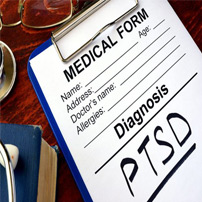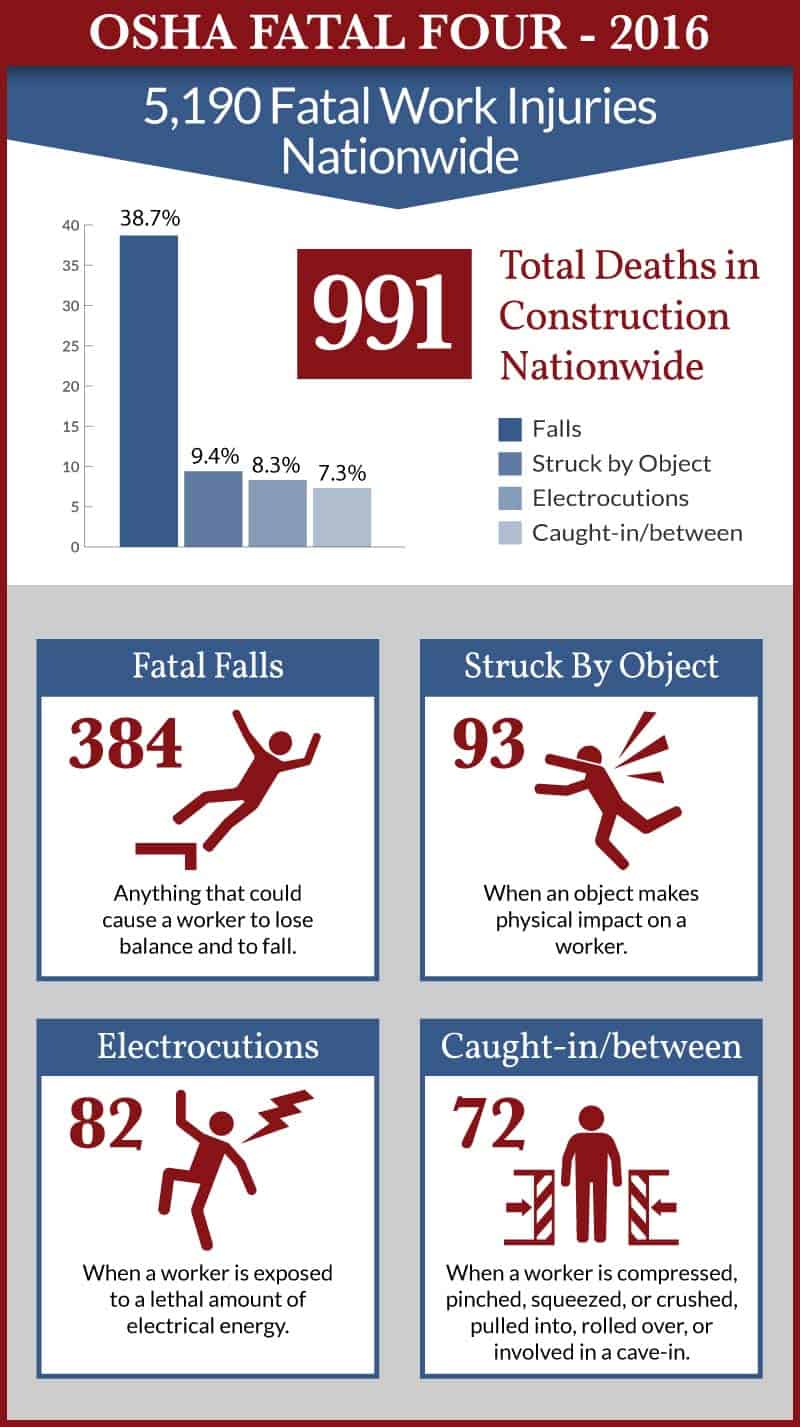First Responders and PTSD
 After a fire, a car accident, or a crime, we know who the victims are. They are the men, women, and children selflessly assisted by first responders on the scene. But these workers who often put themselves in harms’ way to protect and assist others are victims in their own way too.
After a fire, a car accident, or a crime, we know who the victims are. They are the men, women, and children selflessly assisted by first responders on the scene. But these workers who often put themselves in harms’ way to protect and assist others are victims in their own way too.
In October 2018, an out-of-control stretch limousine carrying a group of friends and family crashed in upstate New York, killing 18 passengers and two pedestrians at the scene. It was the deadliest traffic accident the country had seen since early 2009.
First responders working the accident described a horrific scene, the likes of which most of them had never been exposed to in their careers. More so than many other types of workers, the trauma, danger, and tragedy first responders witness on the job leaves real and pervasive emotional scars. As a result, many firefighters, police officers, EMTs and military personnel develop post-traumatic stress disorder (PTSD).
PTSD Symptoms
Symptoms of PTSD are debilitating and can include:
- Anxiousness or jumpiness
- Avoidance of people or places reminiscent of the original trauma
- Emotional numbness
- Feelings of extreme anger, fear, guilt, or hopelessness
- Loss of interest in things that once brought pleasure
- Nightmares and flashbacks
- Problems with alcohol, drugs, or food
- Sleep problems
Employees with work-related illnesses and injuries are protected under the law. Because PTSD is not physically visible to others, it is considered an “invisible” disability; yet it still falls under workers’ compensation guidelines.
Workers’ Compensation Benefits
First responders who exercise their right to workers’ compensation benefits for their invisible disability can take the time to focus on recovery and seek the crucial medical treatment they need to feel better. Yet many first responders still hesitate to disclose their PTSD to their employer, possibly because they fear it will impact their job adversely, will make them appear weak or vulnerable to their colleagues and superiors, or they worry they will not be believed.
Yet to obtain the accommodations, time, or medical costs they need to tackle their PTSD and move toward recovery, workers need to notify their employer of their illness.
Because failure to properly adhere to the employment laws in your state may jeopardize your benefits, it is always smart to seek the assistance of an experienced Philadelphia workers’ compensation lawyer. First responders should not have to suffer in silence. There is no shame in admitting you need help for the emotional and psychological aftereffects of the work you do. You are protected from any sort of retaliation should you disclose your invisible disability to your employer.
Philadelphia Workers’ Compensation Lawyers at Freedman & Lorry, P.C. Advocate for Workers Suffering from PTSD and other Invisible Disabilities
A Philadelphia workers’ compensation lawyer at Freedman & Lorry, P.C. will fight to ensure your rights are protected at all times. First responders and other workers with work-related illnesses or injuries have an advocate in us. We promise to fight for the maximum compensation available for your illness or injury. To schedule a free consultation regarding your situation, call 888-999-1962 or contact us online today. We have offices conveniently located in Philadelphia, Pennsylvania; Cherry Hill, New Jersey; and Pinehurst, North Carolina to assist clients in the surrounding areas.
